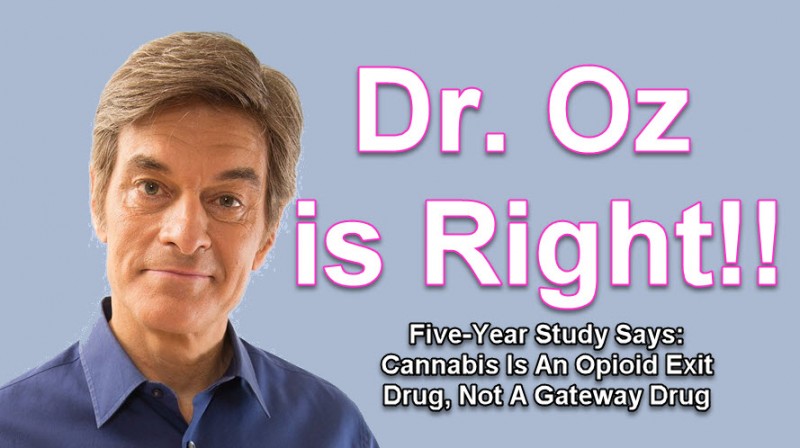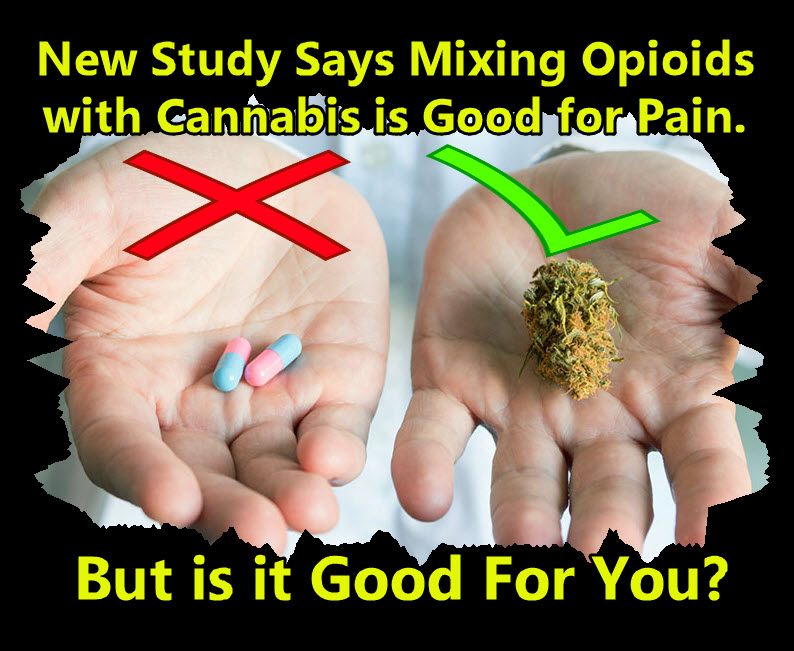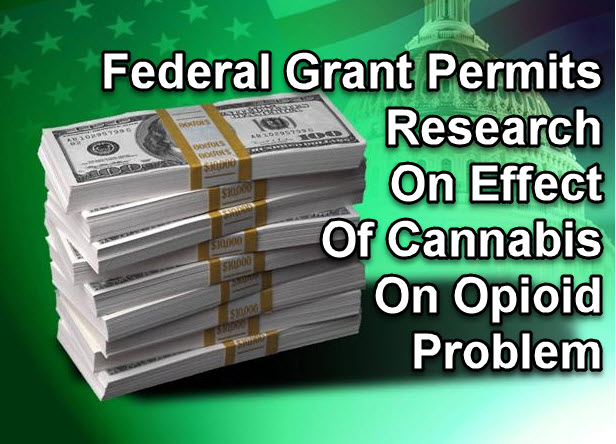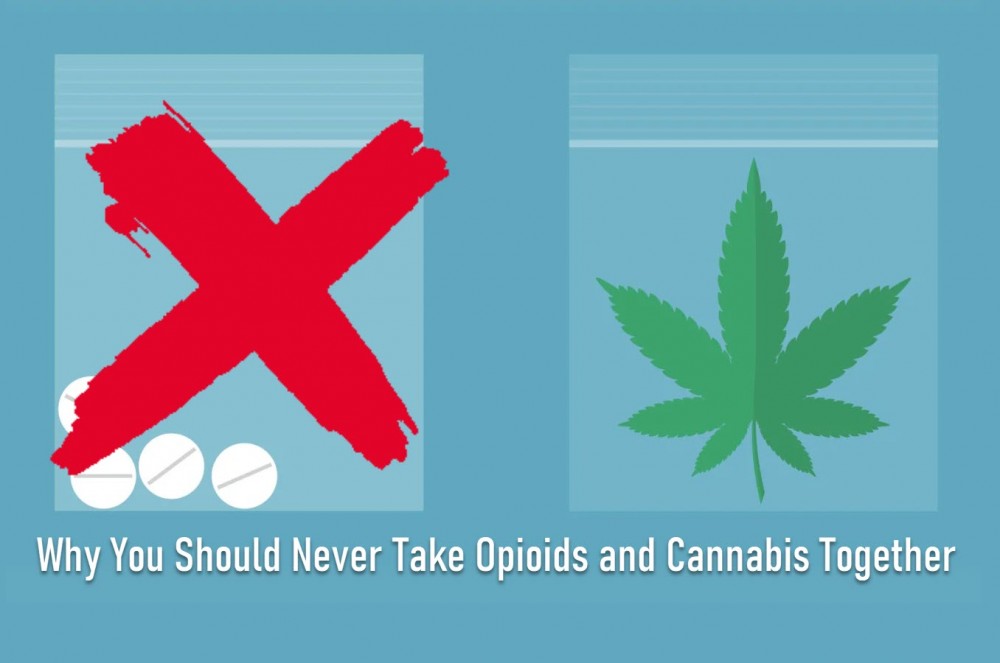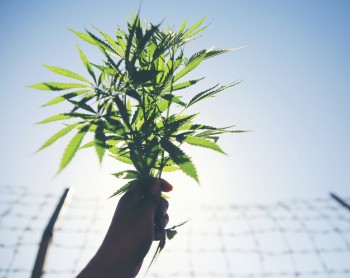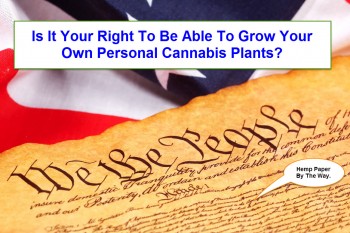Five-Year Study Says: Cannabis Is An Opioid Exit Drug, Not A Gateway Drug
Dr. Oz on Cannabis - It's a way to get off Opiates from CannabisNet on Vimeo.
There are many myths and lies about cannabis that prohibitionists love to spread. Some of these include: cannabis is addictive, it makes you lazy and unmotivated, and everyone’s favorite - using cannabis leads to using harder drugs.
Also known as the Gateway Drug Theory, this assumption has absolutely no scientific basis. In fact, many of the false studies claiming that cannabis is a gateway drug is backed by government organizations and pharmaceutical companies. No surprise there, really. But we have to listen to science, and science tells us that the opposite is true: using cannabis is actually an exit drug, not a gateway drug.
There have already been several studies in the past confirming that cannabis use doesn’t lead to harder substances. The latest of which comes from the University of New Mexico, culminating a five-year long study, involving 125 subjects all of whom suffered from chronic pain. Among them, 83 used cannabis to treat their pain while the remaining 42 preferred to abstain. The findings revealed that 34% of the cannabis-using participants could eventually stop taking their prescription pain medications, whereas only 2% of non-cannabis consumers could say the same thing. Out of the non-cannabis users, 98% of the group ended up continuing their prescription medications.
“Our current opioid epidemic is the leading preventable form of death in the U.S. – killing more people than car accidents and gun violence,” says the study’s lead author and psychology professor Jacob Miguel Vigil. “Therefore, the relative safety and efficacy of using cannabis in comparison to that of other scheduled medications should be taken by the health providers and legislators.”
The University of New Mexico study was the result of findings from Dr. Anthony Reeve, the co-investigator as well as a pain specialist operating in Albuquerque, New Mexico. Dr. Reeve is also one of the first physicians to approve medical cannabis use for patients of chronic pain in New Mexico. Once his patients began participating in the New Mexico Medical Cannabis Program (MCP), Dr. Reeve observed a decline in the number of patients who came back to see him. He also says that many of his patients reported that they not only decreased their pain medications, but they were also able to stop taking other kinds of prescription medicines.
Dr. Sarah Stith, the study’s co-author and a micro-economist who focuses on healthcare said, “The potential for addiction and health risks associated with using multiple scheduled drugs places additional direct monetary and health costs on patients and healthcare systems due to an increased number of side effects, risky drug interactions, dependency, and overdose.”
The authors also note that increased patient access to MCP’s could have another effect on prescription drug use. “Potentially, MCP’s might drive increased prescribing of medications as a result of side effects of cannabis use, including agitation or somnolence. Alternatively, access to cannabis could lead to a reduction in scheduled prescription drug use, if it treats patients’ underlying condition(s) more effectively than scheduled drugs requiring a prescription.”

Cannabis Use Stops Opioid Abuse
While the findings from the team at the University of New Mexico isn’t surprising, it just adds up to the mounting evidence that cannabis use certainly helps stop opioid abuse in its tracks. Earlier this year, New Frontier Data released a report that in states where cannabis is legal, there has been an 11% drop in opioid use.
Another report, a white paper by the Slocum Firm, stats that cannabis use is effective in relieving pain while reducing the effects of opioid addiction. In one study, cannabis has been found to be 20 times more useful than aspirin in treating inflammation. A 2003 study also revealed that there opioid abusers were 16% less likely to relapse when they used cannabis to help them recover from weaning off prescription medicines. Patients of chronic pain who had legal access to cannabis also voluntarily reduced opioid use by 64%.
It’s estimated that if we are able to stop opioid addiction even by just 10% by making cannabis more accessible, this can lead to $5 billion in savings yearly in the United States. While this is just a projected figure, the sheer amount of savings alone could be might higher. But if the Uncle Sam is funding opioid abuse, then we need to start fighting back harder.
OTHER STORIES YOU MAY ENJOY...
CANNABIS AND OPIOIDS MIXING TOGETHER? READ THIS...
OR...
CANNABIS FOR GETTING OFF OPIATES, CLICK HERE.
OR..
FEDERAL GRANT TO OPIATES, CLICK HERE.

